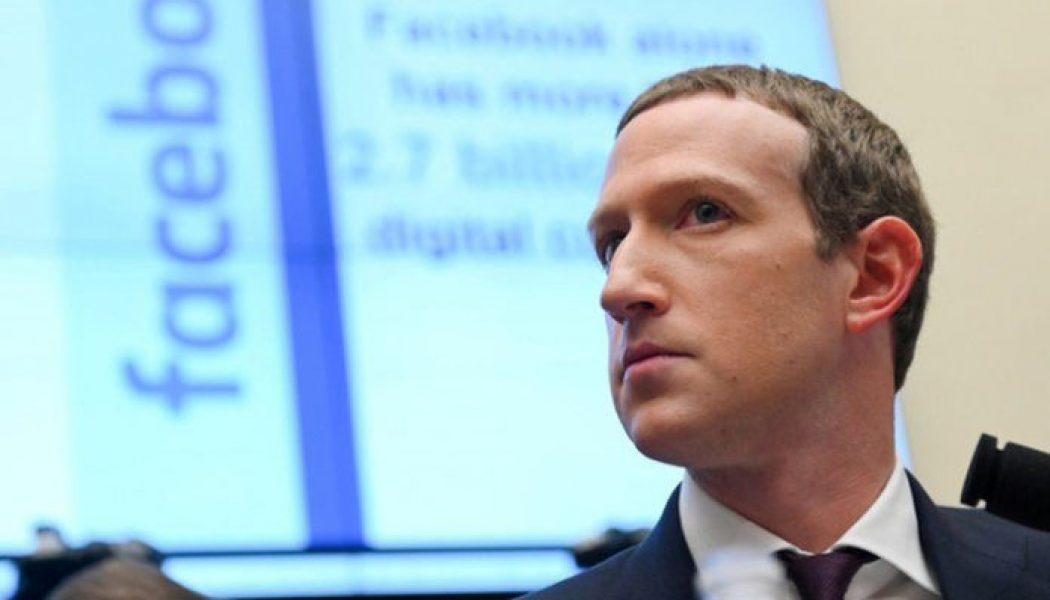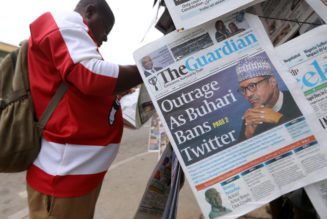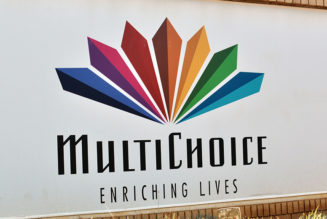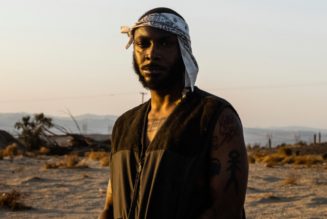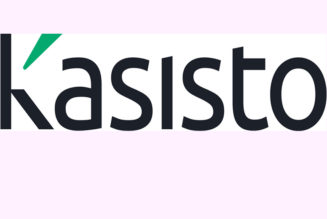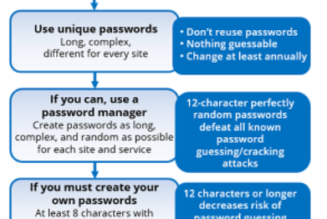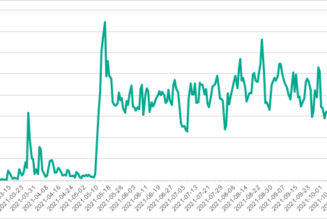Facebook and its family of apps have been embroiled in a far-reaching ad boycott of its platforms. The boycott, started by civil rights groups in the US, has been joined by hundreds of companies worldwide, including the likes of Unilever, Microsoft and Coca-Cola.
The campaign, #StopHateforProfit, calls for Facebook to implement stricter measures to rid hate speech and racism on its platform during a time when the US is embroiled in daily protests against systemic racism and police brutality.
New reports indicate that Facebook’s CEO Mark Zuckerberg is not worried by the boycott and has no intention of changing any of Facebook’s policies regarding hate speech or otherwise on its apps.
Zuckerberg allegedly says that the boycott is more of a PR issue than one that will harm the social network’s formidable bottom line, according to The Information‘s report. The report cites a transcript of remarks Zuckerberg gave at an employee-only virtual town hall last week Friday.
/* custom css */
.tdi_3_8e6.td-a-rec-img{ text-align: left; }.tdi_3_8e6.td-a-rec-img img{ margin: 0 auto 0 0; }
“We’re not gonna change our policies or approach on anything because of a threat to a small per cent of our revenue, or to any per cent of our revenue,” he is quoted in saying. Zuckerberg lost over $7 billion when the boycott began.
Indeed, while the boycott has summoned a vast media buzz, the companies that have pulled out of advertising on Facebook make up only a tiny fraction of Facebook’s roughly 8 million advertisers. Advertisers from which the company generates the vast majority of its profit.
Zuckerberg promises change publically, privately not so much
To the public during a portion of Friday’s virtual town hall, Zuckerberg announced a few small changes to the platform’s policies. These include new attempts to stymie voter misinformation as America prepares for its 2020 elections, and new promises to make progress on racial justice.
However, reports say that, in private, the CEO was much less diplomatic saying Facebook “would not cave under pressure.”
“You know, we don’t technically set our policies because of any pressure that people apply to us,” he said, according to The Information.
“And, in fact, usually I tend to think that if someone goes out there and threatens you to do something, that actually kind of puts you in a box where in some ways it’s even harder to do what they want because now it looks like you’re capitulating, and that sets up bad long-term incentives for others to do that [to you] as well.”
Companies joining boycott may receive a boost to their brands
According to MarketWatch, the companies that have joined the boycott could be expected to see a bigger boost to their brand than anything their Facebook ads would have generated in the first place.
“By pulling ads, they save money and make a low-risk statement that results in positive publicity and marketing for their brands among constituents,” Gerard Francis Corbett, a communications strategy consultant based in Silicon Valley.
“The Facebook boycott is a lower-risk way for CEOs to make a [political] statement.”
Edited by Luis Monzon
Follow Luis Monzon on Twitter
Follow IT News Africa on Twitter
